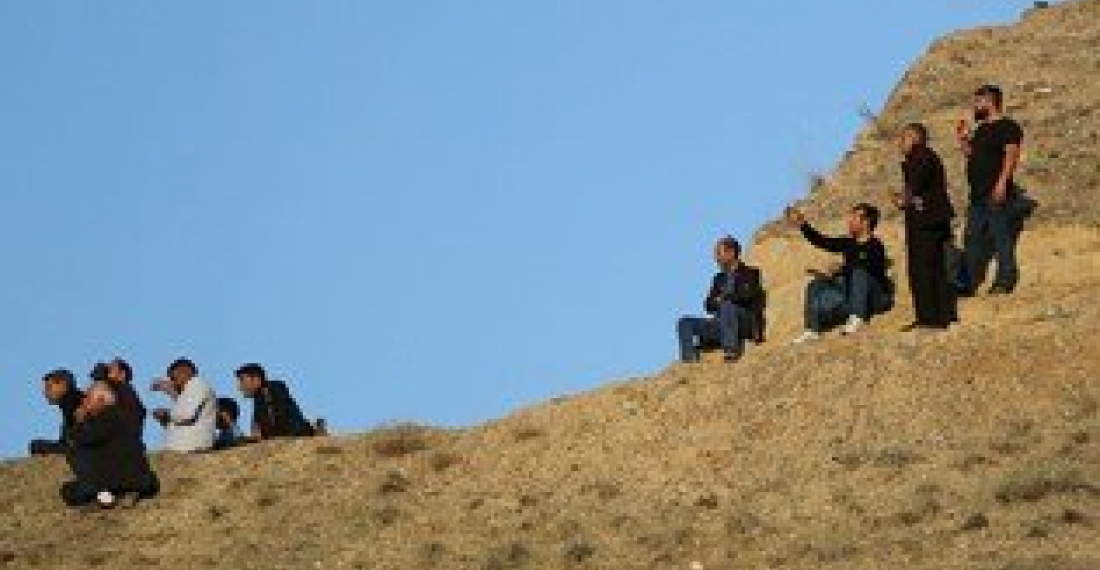Iran continues to watch with concern developments in its border region with Armenia and Azerbaijan
"Iran is on full alert", said the commander of the Iranian air defence forces in the north-western region of the country, noting that the necessary forces have been deployed at the borders Tasnim News
Saeed Khatibzadeh, spokesperson of the Iranian Foreig Ministry warned Azerbaijan and Armenia that Tehran will not remain indifferent to the repeated firing towards its territory. However, according to Russian news agency Sputnik, Iran denounced the rumors spread by a Russian website that it retaliated against the stray fire.
On Thursday (15 October), 10 rockets fell in the Khodaafrin area of Iran, damaging a house and causing several injuries.
The official Iranian news agency IRNA estimates more than 50 rockets to have landed in northern Iran. Not all of these incidents are nearby the border. On October 13, a missile was reported 70 km south of the border.
The situation is being followed very closely by many Iranians. On Friday (16 October) as heavy fighting continued in the Aras valley with both sides coming very close to the Iranian border amidst clashes Iranian border guards had a difficult time keeping Iranian citizens away from watching the clashes on the other side of the river.
Source: commonspace.eu with agencies
Photos: Iranians watch the fighting between Armenians and Azerbaijanis takling place just across the border near the Aras River. (source ASR Iran)







